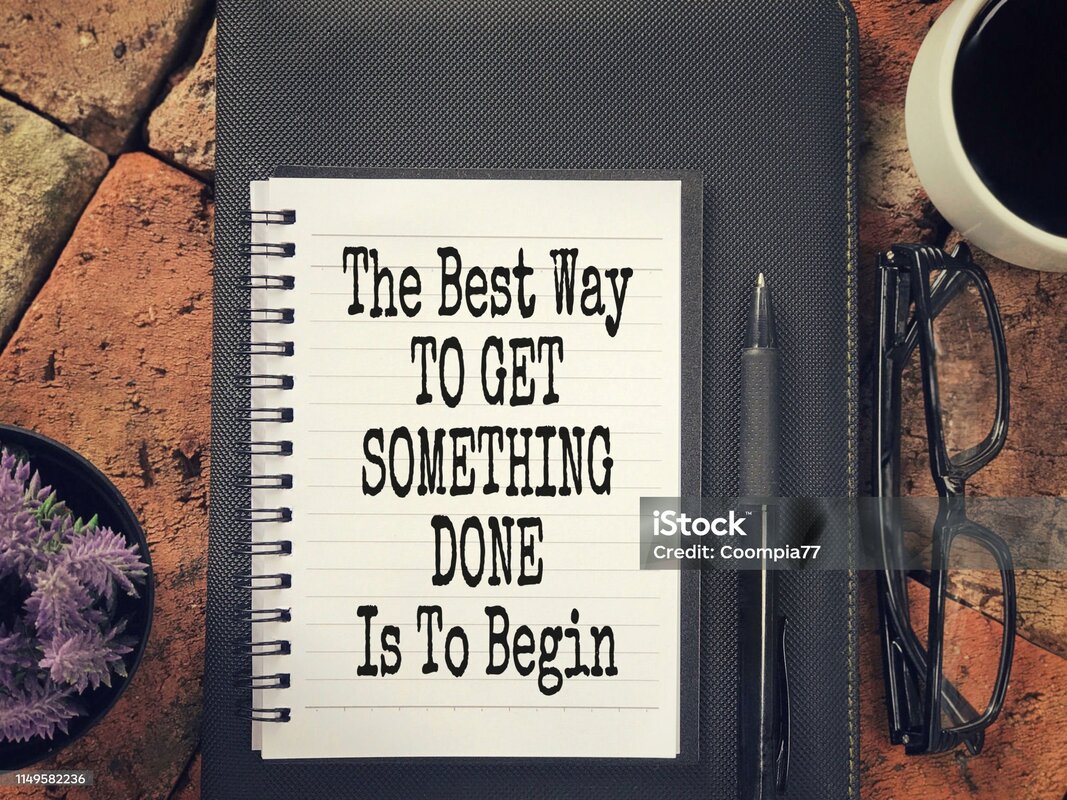Home
Renew Your Mind - Change Your World
Are you ready to improve your emotional well being? Learn to identify and manage your emotions?
Are you stuck in behaviors that are holding you back? Uncertain how to navigate through grief?
Then Mental Health Counseling or Behavioral Health Coaching may be just what you need!
"Know all the theories, master all the techniques, but as you touch a human soul be just another human soul."
Carl Jung Click to set custom HTML
|
What is a Mental Health Counselor? Mental health counselors are academically and professionally trained and licensed to treat individuals with mental and emotional disorders and other behavioral challenges. Mental health counselors address a variety of emotional, behavioral and cognitive problems, individually and relationally. Mental health counselor's provide bio-psychosocial assessments to identify primary or root issues of a client's distress or dysfunction and offers clinical treatment for an individual's disability, emotional problem, or disordered behavior, thinking or relationships. Mental health counselor uses standard mental health assessment and evaluation protocols, develops patient psychosocial histories, writes treatment plans, documents patient progress, facilitates consultation and referral with other providers, and implements discharge plans. What is a Behavioral Health Coach? Behavioral health coaches, also known as mental health coaches, help clients develop healthy behaviors and attitudes by focusing on their present and future goals. They can work with clients to identify their values and strengths, develop emotional stability to achieve overall wellness, support self exploration, personal growth, set goals, and access their motivations. Behavioral Health Coaches draw on principles and practices from evidence-based (science based) therapies such as cognitive behavioral therapy (CBT), acceptance and commitment therapy (ACT), and dialectical behavior therapy (DBT). Types of counseling and behavioral coaching strategies. 1. Cognitive behavioral therapy (CBT) is a problem-oriented strategy that focuses on current issues and finding solutions. It's different from other psychotherapies because it doesn't primarily deal with the past. 2. ACT therapy works by focusing on accepting life experiences as they come, without evaluating or trying to change them. It's a skill developed through mindfulness exercises that encourage you to build a new and more compassionate relationship with difficult experiences 3. Dialectical behavior therapy (DBT) is a treatment that teaches skills to help people manage emotions, cope with challenges, and improve relationships. DBT is based on mindfulness and behavioral therapy, and is derived from cognitive behavioral therapy (CBT). 4. Humanistic therapy is a mental health approach that emphasizes the importance of being your true self in order to lead the most fulfilling life. It's based on the principle that everyone has their own unique way of looking at the world. This view can impact your choices and actions. 5. Rational Emotive Behavior Therapy is an active-directive therapy which aims to resolve emotional and behavioral problems by confronting an individual's irrational beliefs and realizing that their is power in our personal perception. 6. Family Systems Therapy is a type of psychotherapy that seeks to address people in families and relationships, dealing with the interactional patterns of communication, behavior and long-standing dysfunctional dynamics. 7. Psychodynamic therapy is an approach that emphasizes systematic study of the unconscious/psychological forces underlying human behavior, feelings, and emotions and how they might relate to early childhood experience. 8. Biblical therapy is an approached to counseling based on a Judeo-Christian worldview. The interaction between client and counselor/ coach is based on the wisdom and authority of the Bible. |



